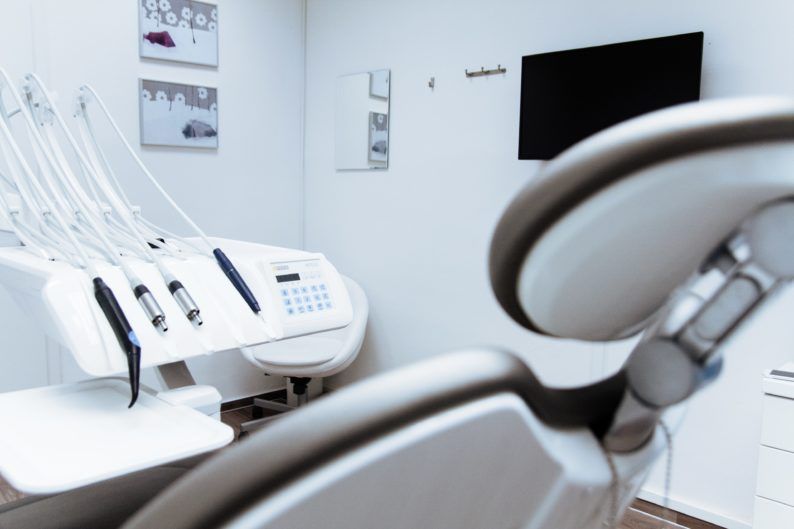Visit Our New Beyond Limits Project or whatever text Beyond Limits Project
Visit Our New Beyond Limits Project or whatever text Beyond Limits Project

A root canal is a treatment done at the Toothbar Austin Restorative Dentistry Clinic that is required when the pulp or roots of a tooth become infected. The infection may start with sensations of pain when pressure is applied, and prolonged sensitivity to hot and cold and eventually grow into an abscess. If left untreated, the abscess can burst and cause sepsis (blood poisoning). More than 15 million root canal procedures are performed every year to prevent this condition.
If prompt medical attention is not provided by the Toothbar Austin Restorative Dentistry Clinic when such an infection develops, the risks of losing the tooth increase. This is because the bacteria can eat away at the tooth from the inside out and make it too fragile to restore. A root canal procedure seeks to restore the integrity of the tooth and bite by cleaning out the bacterial growth in the pulp chamber and minute root canals and then using dental appliances to restore the bite.
The first step is diagnosing whether the patient has a tooth infection that requires a root canal or some other type of inflammation and sensitivity. This is usually confirmed with an X-ray that will show if the roots are infected. The tooth may also be discolored as an indication that it is infected, usually a brown or dark yellow color that stands out from the other teeth.
The second step involves using a local anesthetic to numb the nerves in the patient’s mouth. This will make it possible for your Austin Restorative Dentists to drill into the tooth without causing any discomfort.
The third step is to drill into the center of the tooth so that the roots of the tooth can be accessed with special curved files called root canal files. These files come in increasing larger diameters to clear out the bacteria and pulp fibers from deep inside the tooth. If this is not carried out correctly, the procedure will not be a success, and the infection will continue to linger and cause irritation and inflammation in the gumline. Water or sodium hypochlorite may be used to flush the pulp out of the tooth as it is being cleaned.
The fourth step is to insert a metal post into the center of the tooth for structural support and seal the tooth permanently with a bonding cement. At this point, the tooth can be ground down into a foundation for restorative porcelain or metal crown that functions and looks like the tooth being replaced.
The fifth step is to take impressions of the mouth to custom build a dental crown that fits over the remaining tooth and restores its functional bite. Once the crown is manufactured in a laboratory or by your Austin Restorative Dentists using a CNC machine, it can be cemented onto the remaining portion of the tooth and filed down, if necessary, for a normal bite and chewing function.
The only other alternative to having a root canal is having the tooth extracted. Once the tooth is removed, the patient can wait about six months to heal before having a dental implant procedure.
Co-founder and owner Dr. Kimberley Barclay is actively involved in local and national dental societies, including the Capital Area Dental Society and Spear Education courses on cosmetic dentistry. She is also a member of the Seattle Study Club, one of the most advanced education groups for dental professionals.

This content was fact-checked by Dr. Kimberley Barclay and Dr. Lauren Jacobsen following editorial guidelines. Dr. Kimberley Barclay is actively involved in local and national dental societies, including the Capital Area Dental Society and Spear Education courses on Cosmetic Dentistry. Dr. Lauren Jacobsen is an active member of the dental community and engages in further education and training through membership with a local chapter of the Seattle Study Club and Spear Education courses.
Our team is ready to book your appointment. The proper Dental Care can make the difference in years to come. We don't just improve the aesthetics of your smile, we make sure your dental health is set for the long run.
Schedule your visit now